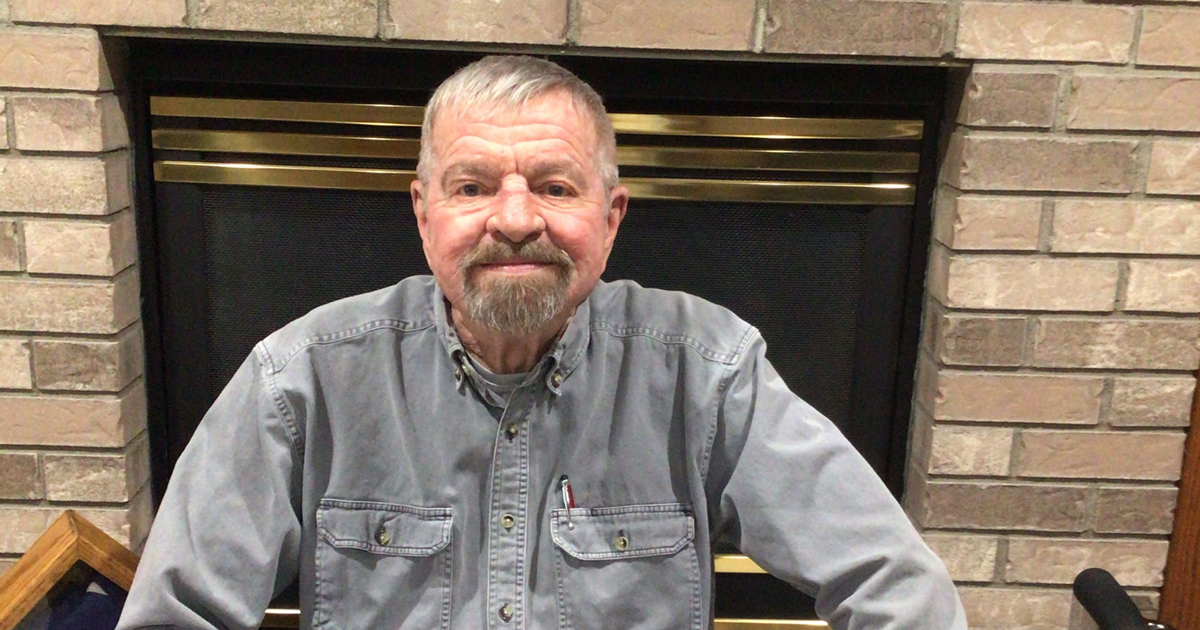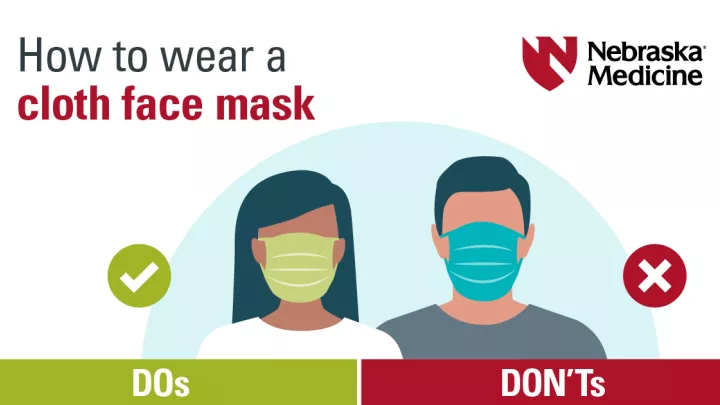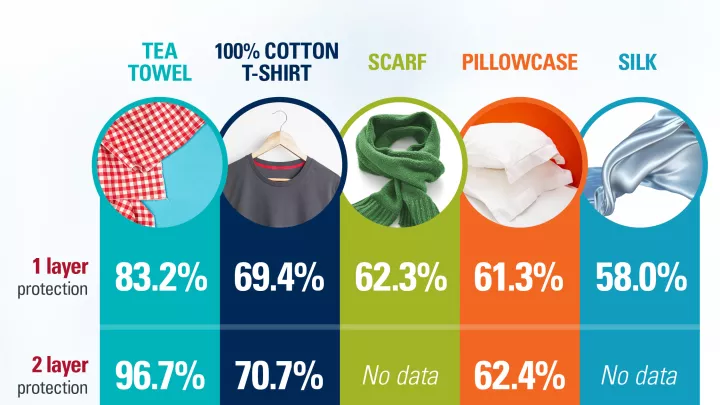Wearing a mask is “no big deal,” says lung transplant patient

Lung transplant patient Richard Hull is no stranger to masks. Hull says, "Wearing a mask is no big deal. I've been doing it for over four years."
Hull had both lungs transplanted in March 2016. Since the donated lungs are foreign tissue, the immune system would normally attack it as an enemy- a process known as rejection. That's why Mr. Hull takes a regimen of 'anti-rejection' drugs to try to diminish the immune system. "So transplant patients are vulnerable to everything out there – bacteria and viruses," he explains. "Because the immune system isn't as strong as it's supposed to be."
People like Hull are a big reason why everyone who can, should get their vaccines. Because of the immune-suppressing drugs they must take, transplant patients may not get the full benefit from a vaccine because their immune system isn't strong enough. That's where the rest of the community comes in. If everyone who can be vaccinated gets the vaccine, then vulnerable people in the community are less likely to run into someone with the virus and catch it.
After his transplant, Hull's lungs were functioning at about 80% of normal. Yet, he had no issues breathing while wearing a mask. "All these people wearing a mask now are rookies," says Hull. "Before, when I'd see someone else with a mask on in a waiting room, I'd start a conversation with them because they were most likely another transplant patient. Now a lot of people wear masks, so it's harder to tell."
"All of us should wear a mask," Hull urges. If he can do it, anyone can. Wearing masks, along with hand washing, social distancing and other prevention strategies, will be important to continue well into 2021 as vaccines become more widely available. "My mask helps me some," says Hull. "Other people's masks help me more."






